News from the Environment Institute
Search news stories
Enter a keyword to search news.
New paper exploring the ecological implications of the height of tropical forest trees
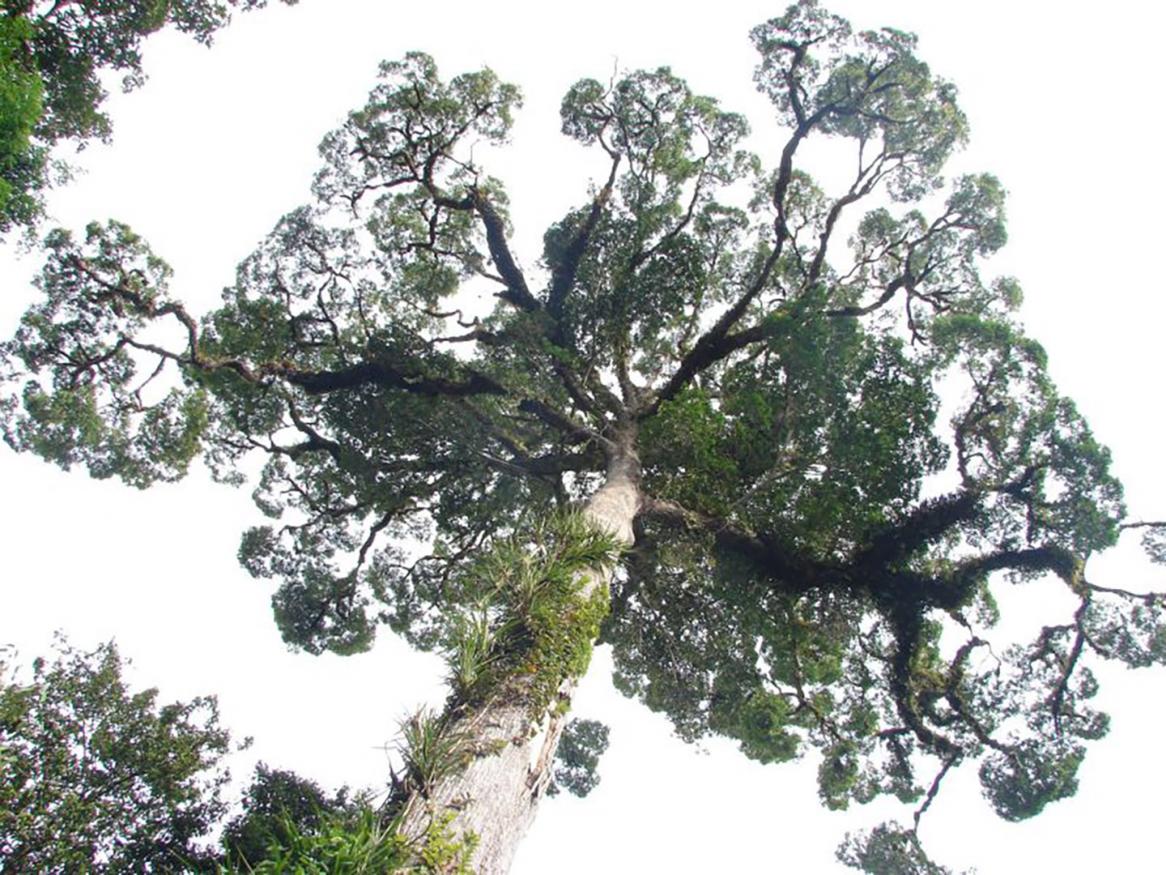
A new paper led by Dr Ferry Slik based in Brunei, and including Environment Institute Director Andrew Lowe as a coauthor, explores the ecological implications of the height of tropical forest trees.
Consuming landscapes?
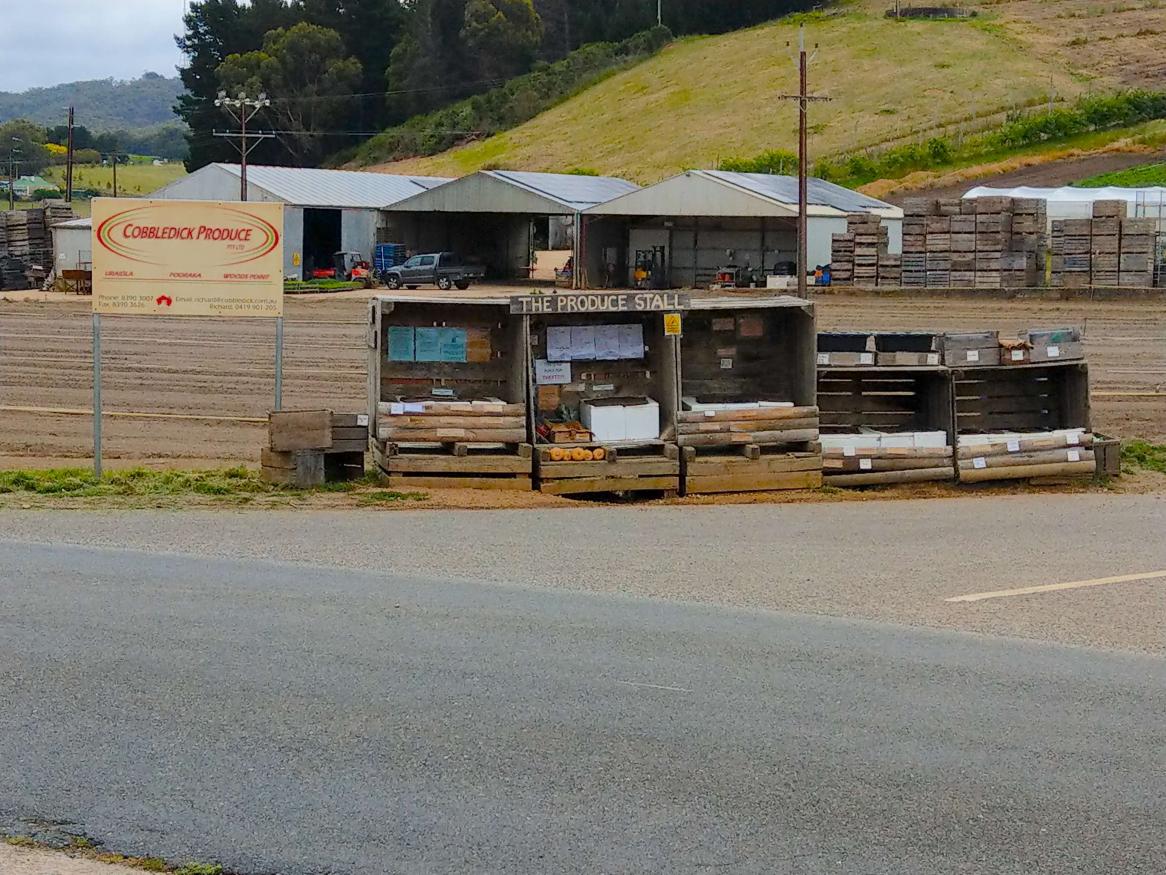
The rural hinterlands of Australia’s metropolitan areas and regional cities, known as peri-urban regions, are well-known as sites of expanding habitat loss and a high incidence of threatened species.
A glimpse into the past: What digging for DNA in cave dirt tells us about ancient Australia?
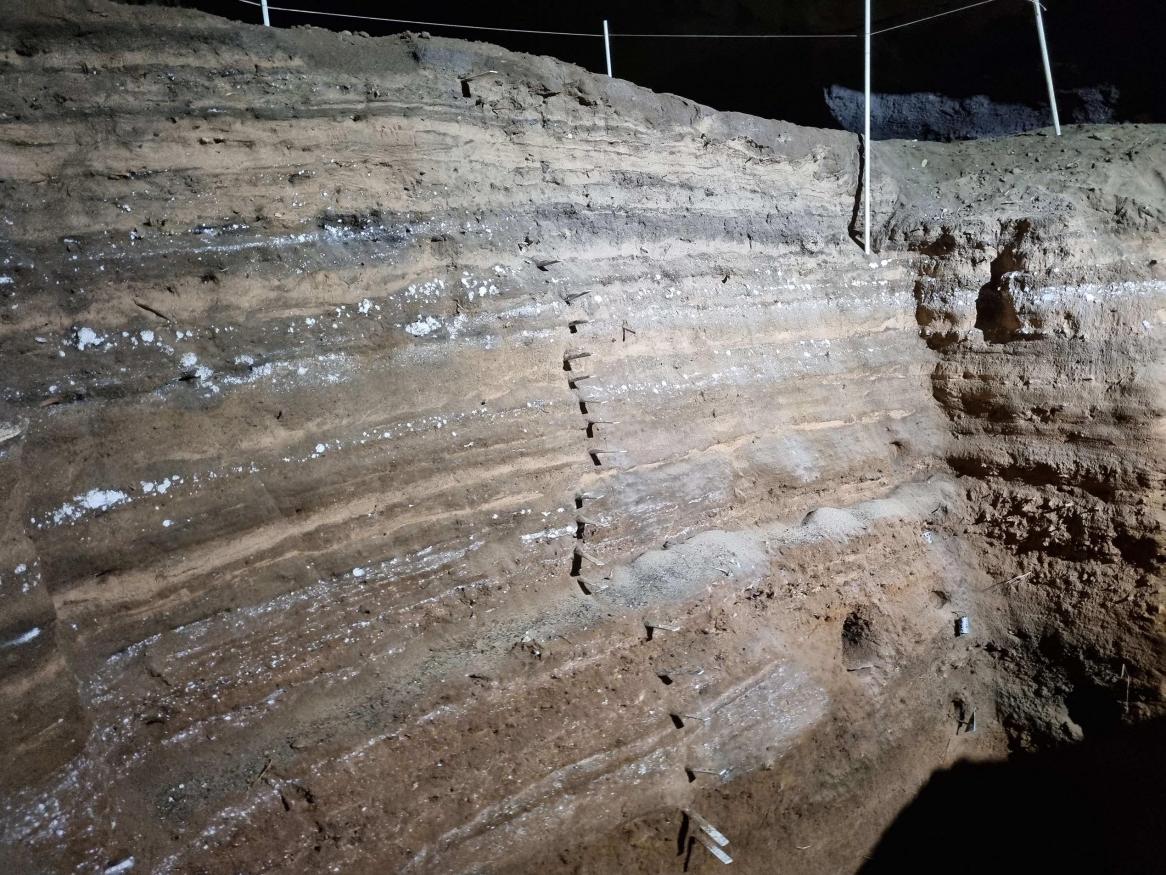
For most people the term “ancient DNA” might conjur up images of Jurassic Park, where DNA extracted from a mosquito preserved in amber was used to re-create long extinct dinosaurs.
2024 SA Environment Awards success
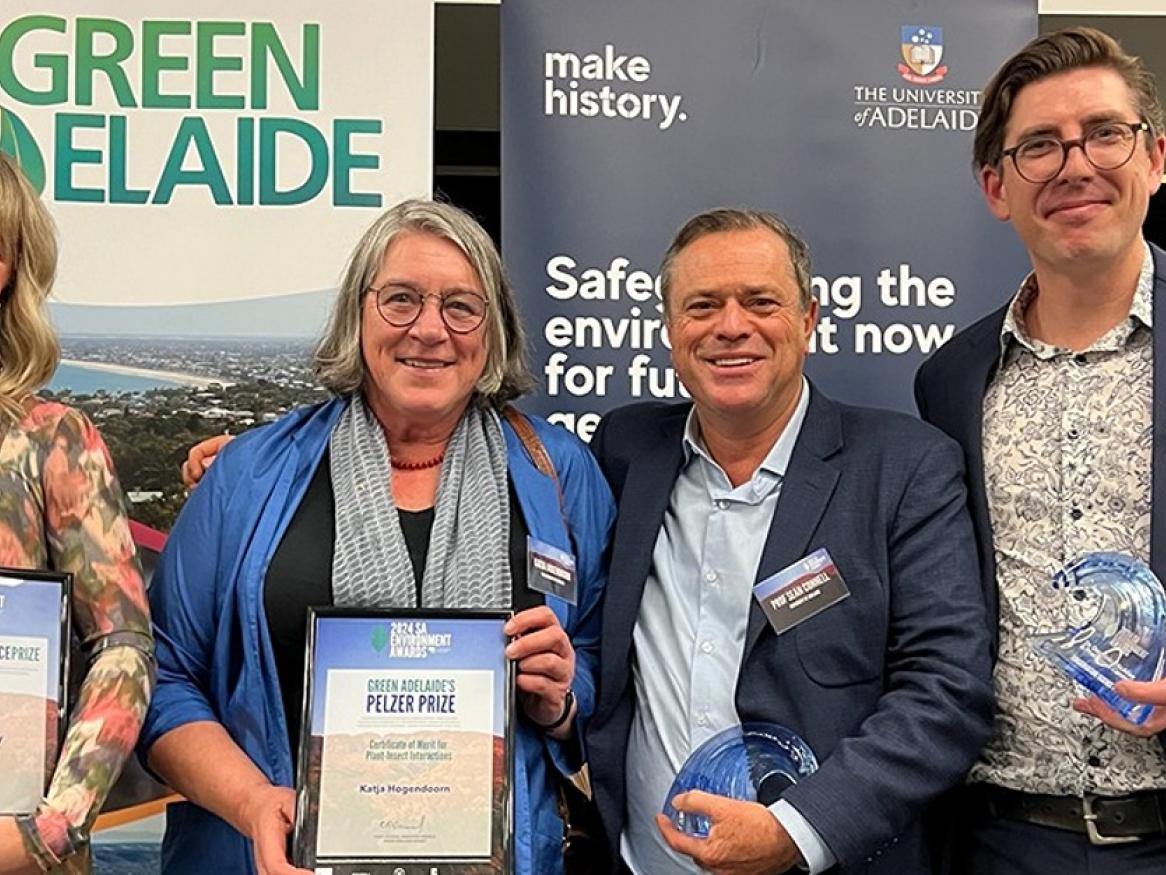
Yesterday, on World Environment Day, we celebrated the 2024 SA Environment Award finalists and winners.
Tropical fish are invading Australian ocean water
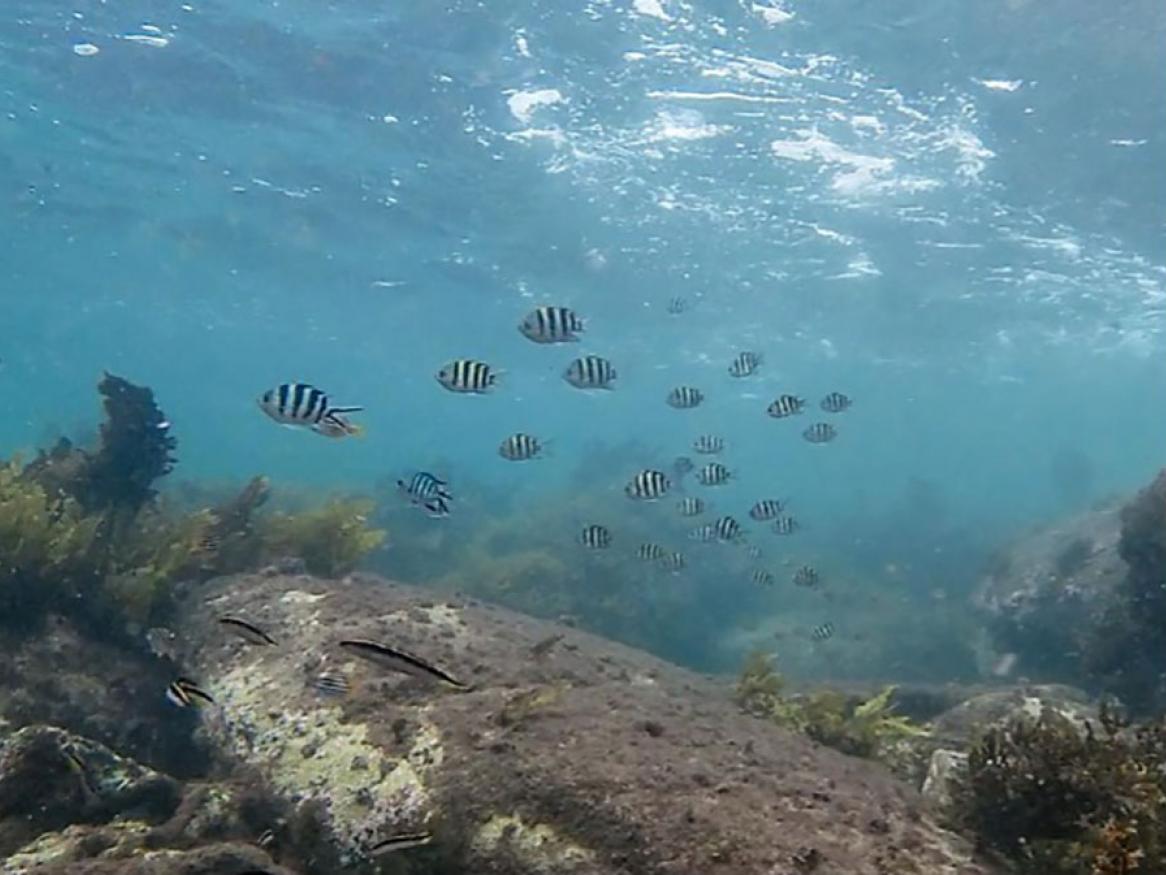
A University of Adelaide study of shallow-water fish communities on rocky reefs in south-eastern Australia has found climate change is helping tropical fish species invade temperate Australian waters.
[Read more about Tropical fish are invading Australian ocean water]
Strengthening Australia and Vietnam partnerships: Advancing research and understanding on designing and operating high integrity blue carbon market
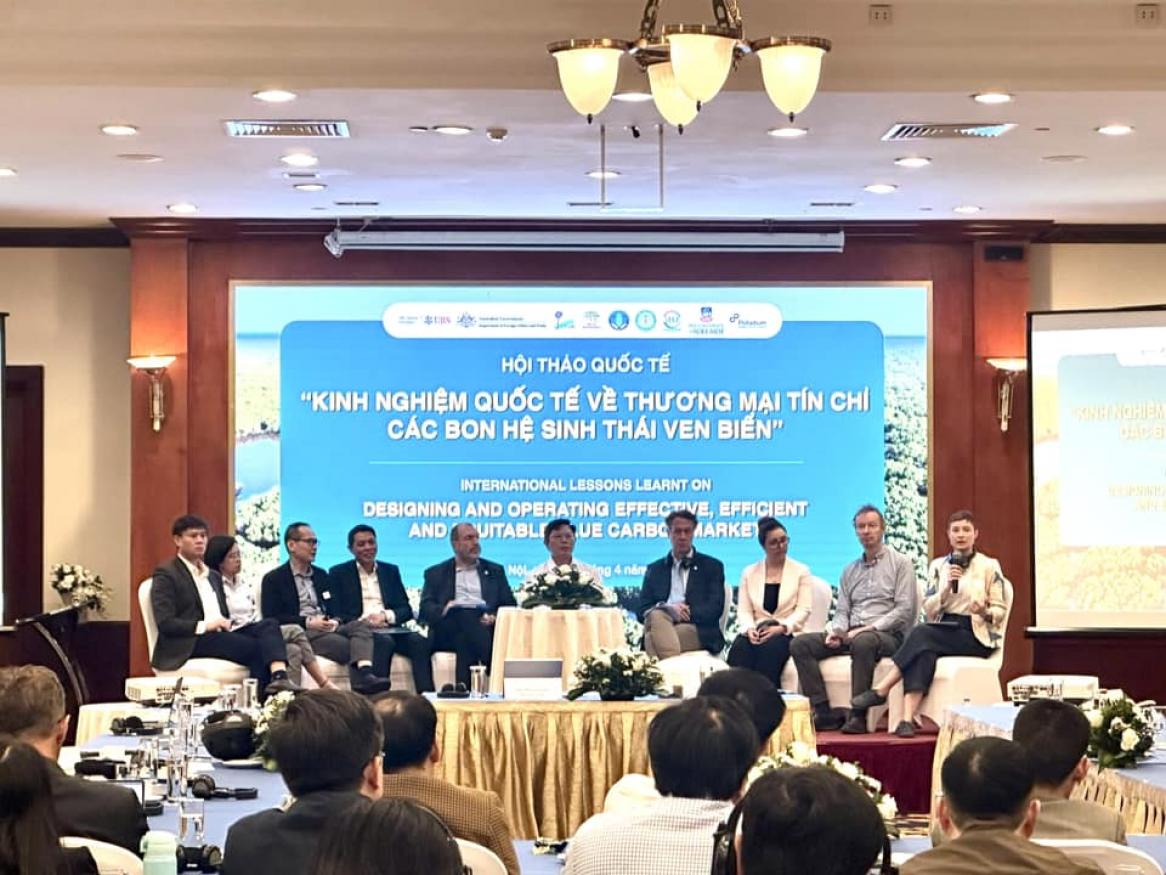
Vietnam, with its long coastline, is vulnerable to climate change impacts.
Early career marine ecologist wins Southwood Prize
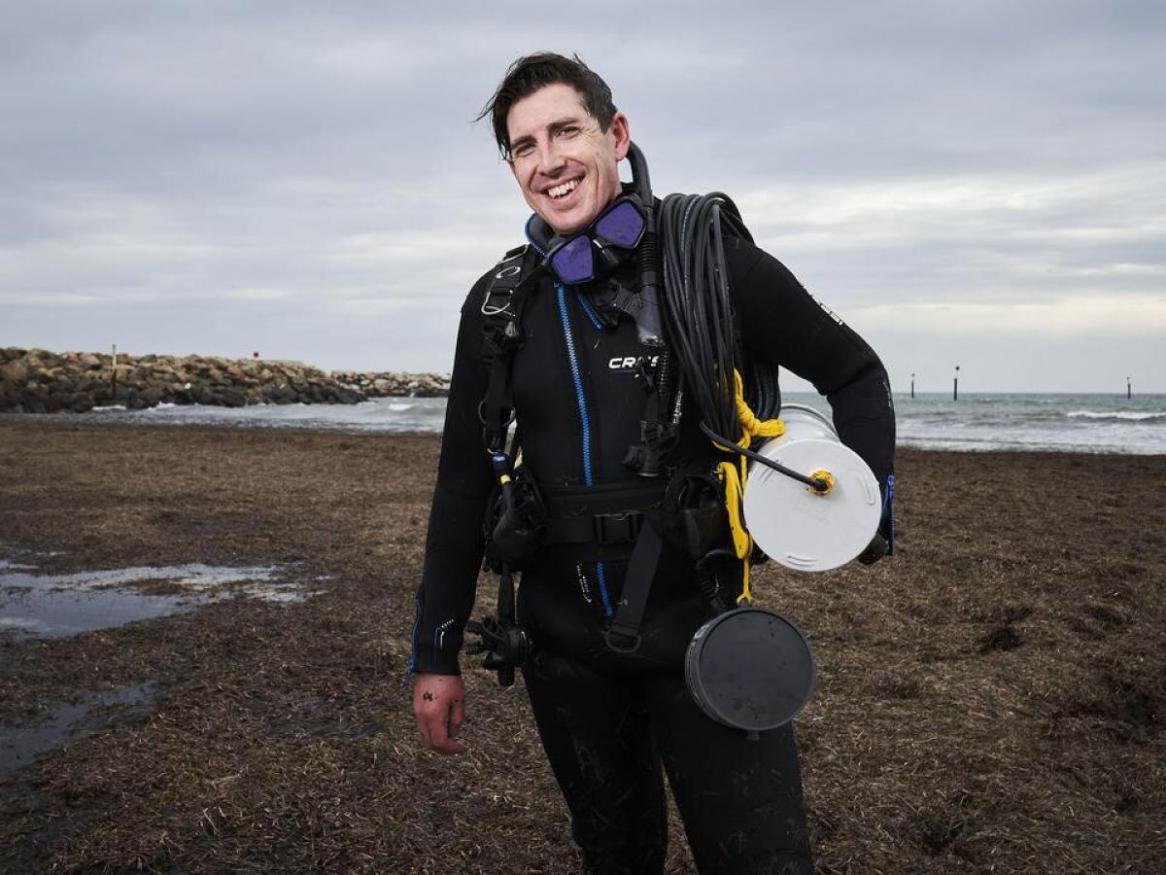
Congratulations to Environment Institute Future Making Fellow, Dr Dominic McAfee, on winning the 2023 Journal of Applied Ecology Southwood Prize for the best paper by an early career researcher.
[Read more about Early career marine ecologist wins Southwood Prize]
SciStarter Australia is a new home for citizen science

Citizen science platform SciStarter Australia has officially launched on the final day of Global Citizen Science month, creating a one-stop location for citizen science projects seeking volunteers in Australia.
[Read more about SciStarter Australia is a new home for citizen science]
Murray-Darling Basin water theft laws suck more than river irrigation pumps
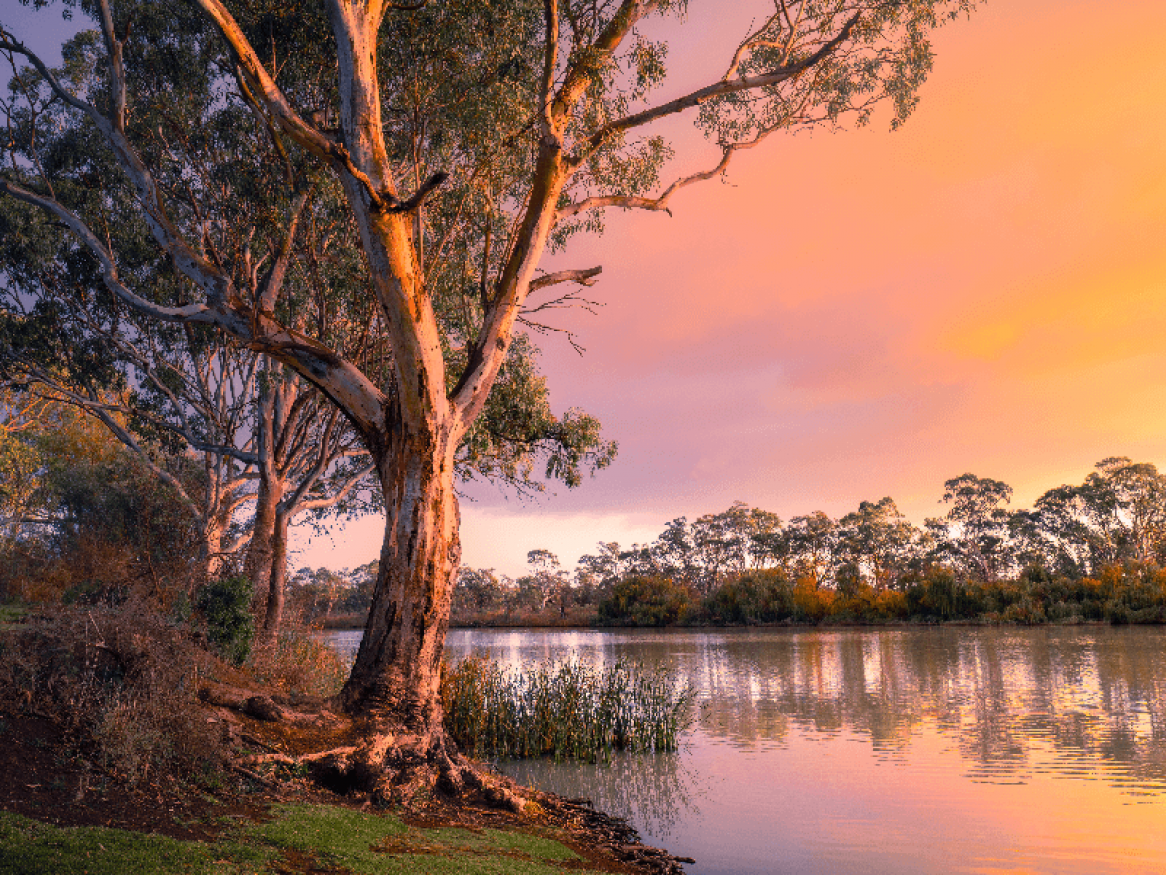
Water is one of Australia’s most valuable commodities.
[Read more about Murray-Darling Basin water theft laws suck more than river irrigation pumps]
Defining the potential for mangrove-based agribusiness transformation in the coastal Mekong Delta, Vietnam
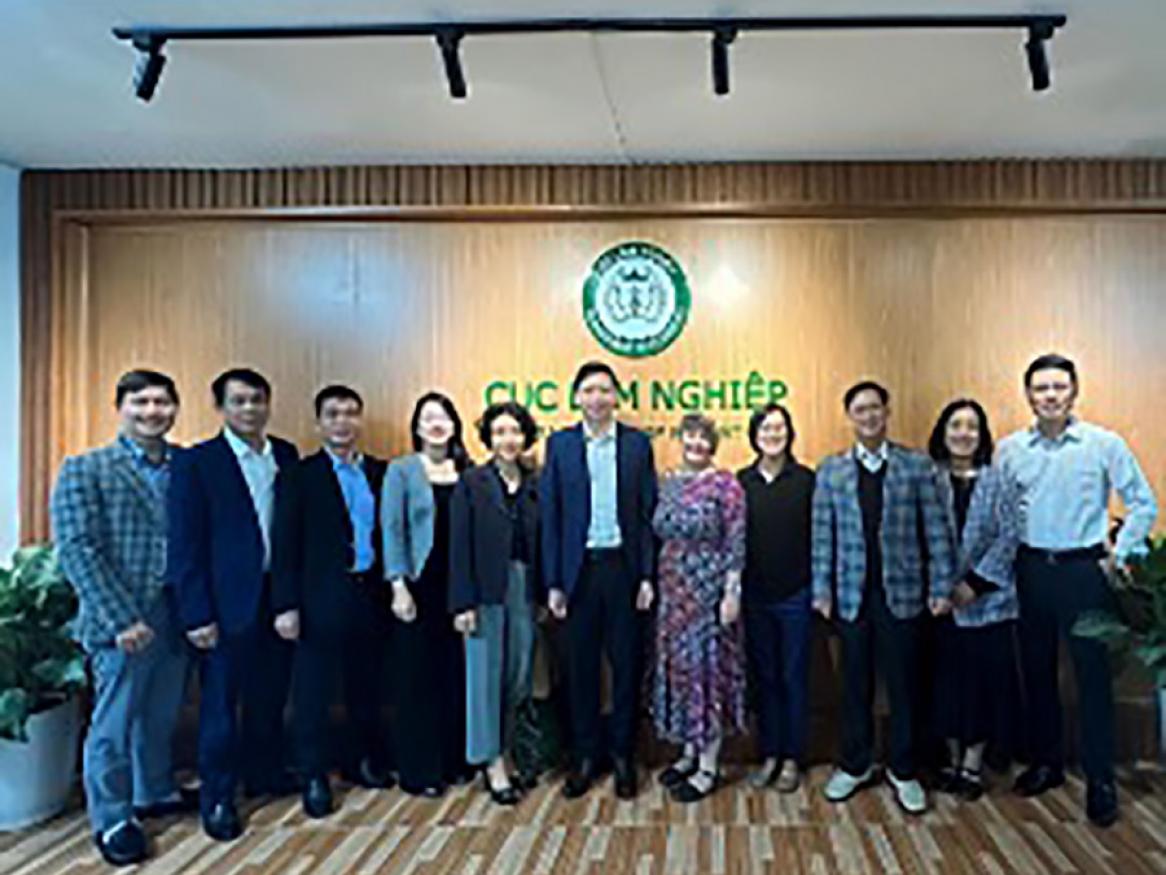
The Mekong Delta region in Vietnam is facing several development challenges but the Government of Vietnam (GoV) is committed overcoming these and support the growth of the agricultural sector in the region.

Newsletter & social media
Join us for a sensational mix of news, events and research at the Environment Institute. Find out about new initiatives and share with your friends what's happening.
